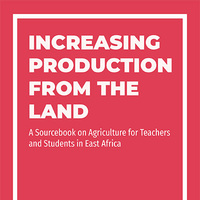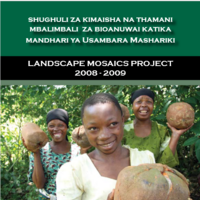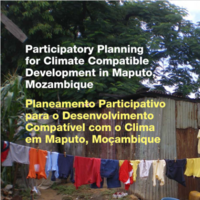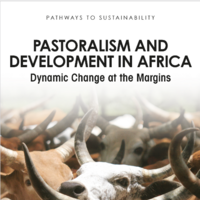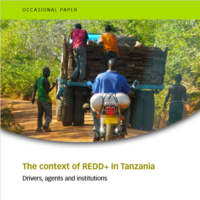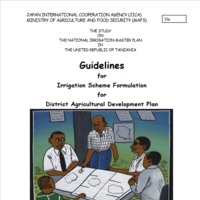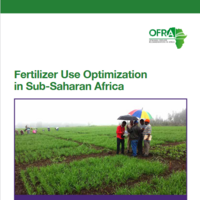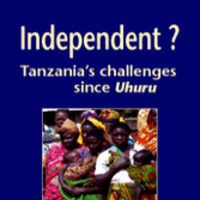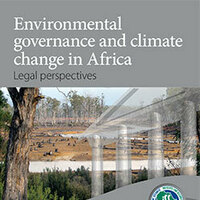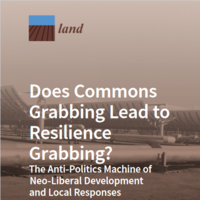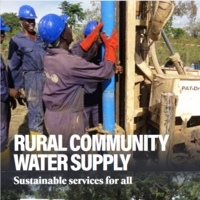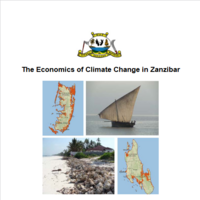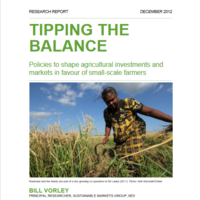Search
Books+
Searching 1,73 books
Search related to the career Land Use Planner
Challenges Faced by Land Use Planners:
1. Population Growth and Urbanization: Managing land use in rapidly growing urban areas is a significant challenge for planners. Balancing the needs of a growing population with limited land resources requires careful consideration of zoning, infrastructure development, and community engagement.
2. Environmental Sustainability: Land use planners face the challenge of promoting sustainable development practices. They must consider the impact of land use decisions on natural resources, biodiversity, climate change, and overall environmental quality.
3. Infrastructure Planning and Management: Coordinating land use planning with infrastructure development is crucial. Planners must address transportation networks, utilities, public services, and other essential infrastructure to ensure efficient and sustainable land use.
4. Community Engagement and Stakeholder Management: Engaging with diverse stakeholders, including residents, businesses, community organizations, and government agencies, is a challenge for land use planners. Balancing conflicting interests and ensuring inclusive decision-making processes are essential for successful land use planning.
5. Economic Development: Land use planners must consider economic factors when making decisions. Encouraging economic growth, attracting investments, and creating job opportunities while maintaining a balanced and sustainable community can be a complex task.
6. Legal and Regulatory Compliance: Land use planners must navigate complex legal frameworks and regulations at various levels of government. Ensuring compliance with zoning laws, environmental regulations, and other legal requirements is essential to avoid legal challenges and ensure the integrity of planning decisions.
7. Data Analysis and Technology: With the increasing availability of data and technological advancements, land use planners face the challenge of effectively analyzing and utilizing data to inform decision-making. Incorporating geographic information systems (GIS), remote sensing, and other tools can enhance the planning process but requires specialized skills and resources.
8. Long-Term Planning and Adaptability: Land use planning involves making decisions that have long-term implications. Planners must anticipate future needs, changes in demographics, and evolving societal trends. Flexibility and adaptability in planning strategies are crucial to accommodate unforeseen challenges and opportunities.
9. Conflict Resolution: Land use planning often involves resolving conflicts between different stakeholders with competing interests. Planners must facilitate dialogue, negotiate compromises, and find equitable solutions to address conflicts and build consensus.
10. Equity and Social Justice: Land use planners face the challenge of ensuring equitable distribution of resources, opportunities, and benefits among diverse communities. They must consider social justice issues, such as affordable housing, access to amenities, and mitigating the impacts of gentrification or displacement.
Overall, land use planners face a complex and multifaceted set of challenges as they strive to create sustainable, inclusive, and well-functioning communities.
Source: Various AI tools
Maendeleo endelevu
Books tagged sustainable development
Searched in English.

